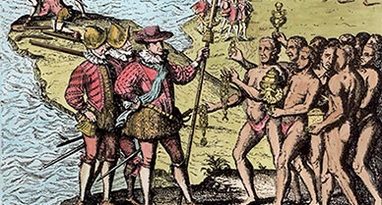 I am the descendant of Taíno people whose tropical ecosystem allowed them to put in minimal work and reap abundant crops of carbohydrates, who could spend a modest amount of hours fishing and gathering shellfish, and have plenty of time to develop sophisticated art forms and elaborate rituals. Their culture honored artists and trees, created breathtaking carvings in wood and shell, invented hammocks knotted from the fiber of maguey, polished rings of stone, ceramic pots and figures elaborately worked with earthen dyes, and days long festivals of poetry and song. I am also the descendant of the Spanish colonizers who came and slaughtered, tortured, raped and enslaved them; who came fresh from the famine-ridden lands of Europe, from rocky soil and harsh drought, and created a moral universe of harsh and virtuous labor to match. Before they kidnapped, tortured, raped and enslaved my African ancestors into the sugar fields of the Caribbean, they did their best to seize the labor of the indigenous people of the islands and turn it to generating profit, which they believed in with frenzied devotion. You can feel the hot outrage rising from page where a conquistador reported that "neither threat of punishment nor promise of reward" could induce my Taíno people to work more than they had to for their survival. As yet untrammeled by avarice and ambition, I imagine them looking at each other, and back at the red faced intruder with his odd ideas, and responding with one voice, "Duh!"
8 Comments
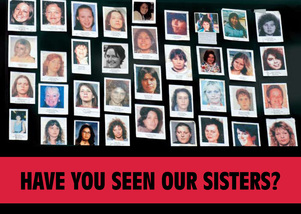 The first thing I see is the headline. Three women missing for ten years are found. Three women have come back from the place of shadows. Is it Anna Mae Aquash? Is it the children of Plaza de Mayo? Is it the sisterhood of Juarez? Is it the five hundred and eighty stolen sisters of indigenous Canada? For anyone to come back is a miracle. Mothers of missing daughters everywhere twitch in their sleep, sit up, eyes staring, agonizing hope flaring along their nerves, what if..., what if... 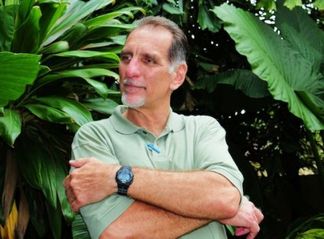 René Gonzalez at home in Cuba. René Gonzalez at home in Cuba. In a beautifully crafted editorial in today's international edition of the Cuban newspaper Granma, Sergio Alejandro Gómez writes about the incomprehension of solidarity, by those who don't share it, as a mathematical disorder in which the release of Cuban Five anti-terrorist hero René Gonzalez somehow reduces the campaign for the freedom of all five men. But five, he points out, is a prime number, divisible only by itself and one. From René's home in Cuba, from their four cells scattered across the U.S., the Five affirm the political reality of their unity. Rene is home, but not fully free; Gerardo is in prison, but some part of him breathes more deeply. When the final version is ready for print, proceeds will benefit the campaign to free the Cuban Five.
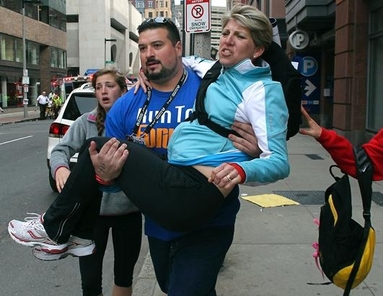 Here in Boston, the news is full of genuinely moving stories about the courageous people who, when the bombs went off at the finish line of the Boston Marathon, ran towards danger, into the chaos of injured and bleeding people and more potential explosions, in order to help the innocent bystanders overtaken by the agonies of a terrorist act. They were medical personnel already on site to tend to the runners, EMTs and police officers, runners and the people who came to watch them, who, when their community was threatened, stepped up to help in whatever way they could. |
About Aurora
Aurora Levins Morales is a disabled and chronically ill, community supported writer, historian, artist and activist. It takes a village to keep her blogs coming. To become part of the village it takes, donate here. Never miss a post!
Click below to add this blog to your favorite RSS reader: Archives
September 2017
Categories
All
|
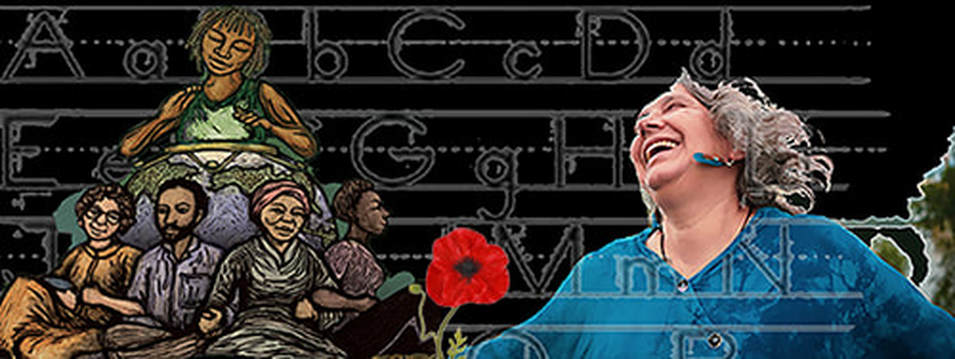
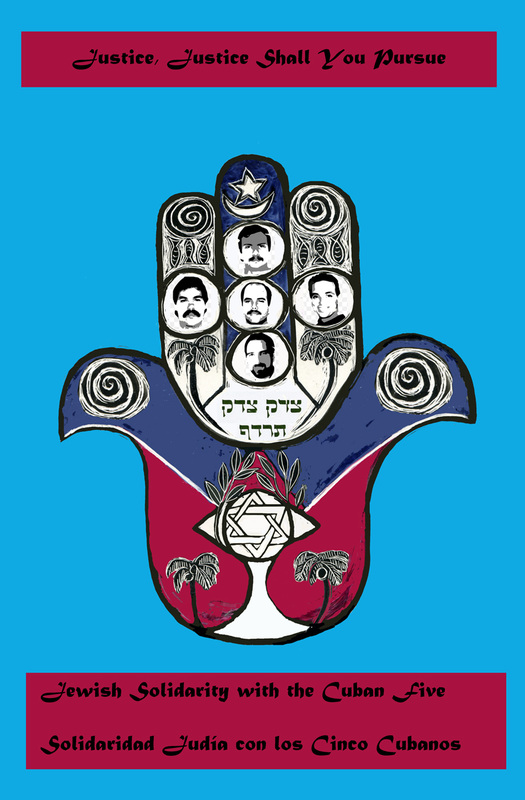
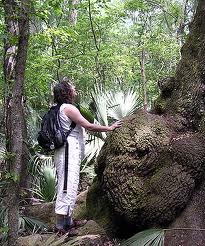
 RSS Feed
RSS Feed
